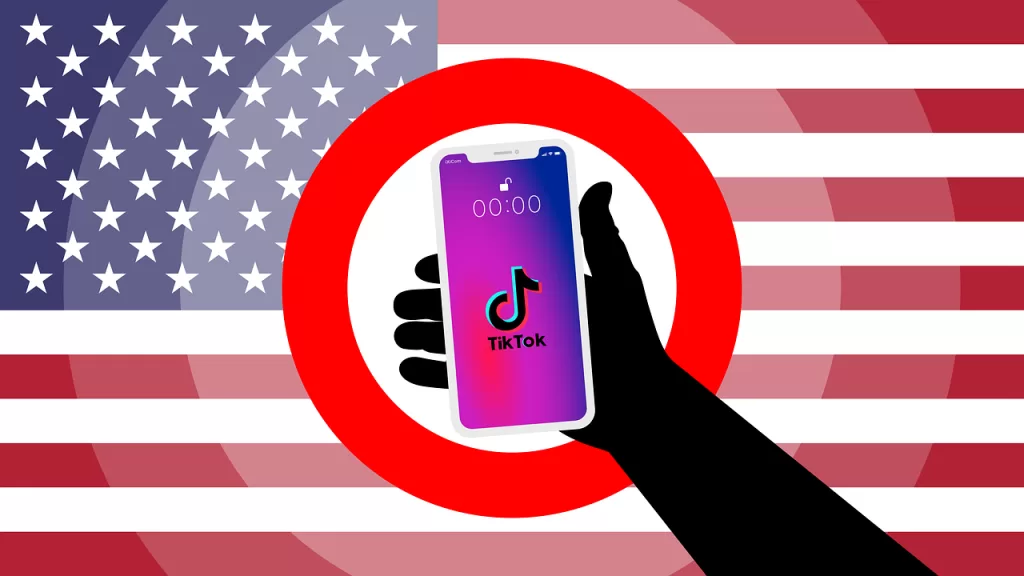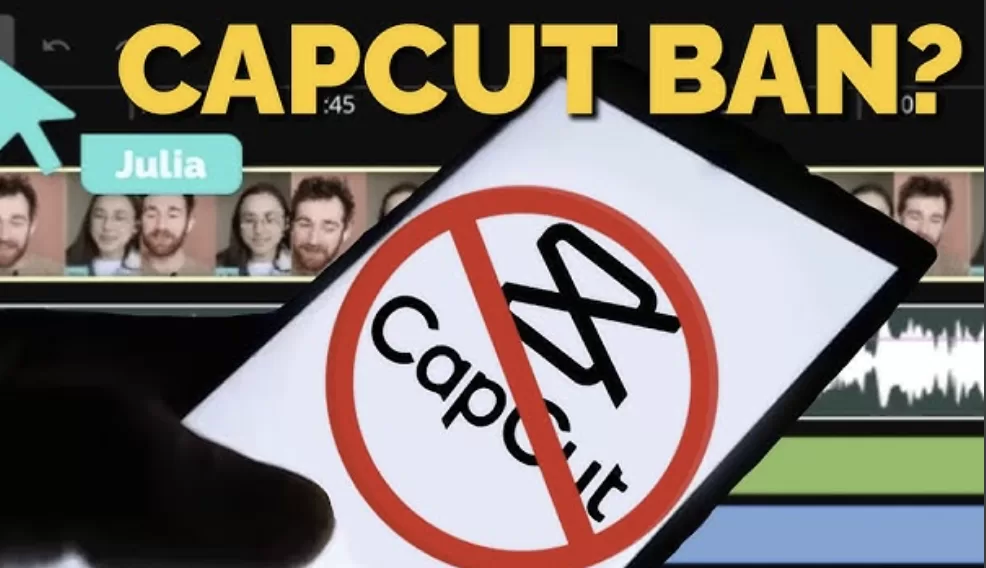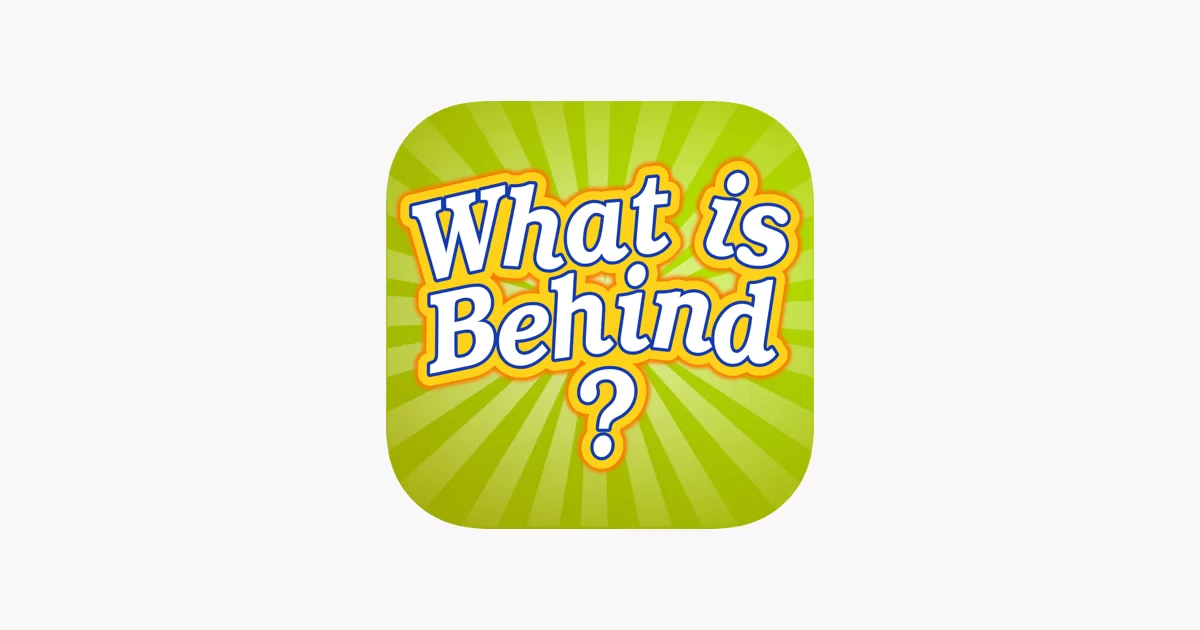The world of apps is dynamic—new tools pop up every day, and others quietly disappear due to regulations, government actions, and shifting market demands. While social media giants like TikTok and CapCut enjoy massive popularity, they’re not immune to the global scrutiny and government actions that come with such power. In this post, we’ll explore the apps that have faced bans, their reasons for being targeted, and what it means for creators and users.
TikTok: The App that Started It All

TikTok’s meteoric rise has been accompanied by intense scrutiny, particularly over data privacy and national security concerns. With over 1 billion active users globally, TikTok has become an essential part of online culture. But governments, especially in countries like the U.S. and India, have raised alarms about potential data harvesting and China’s access to user data.
Why Was TikTok Banned?
- India: The app was banned in India in mid-2020, citing national security threats and data privacy concerns. India’s government was particularly concerned about TikTok’s Chinese origins and its potential to collect sensitive data from millions of Indian users.
- United States: While TikTok has not been fully banned in the U.S., the app has faced repeated threats of a ban, especially during times of heightened geopolitical tensions. As of now, it remains operational, though ongoing regulatory battles over data privacy persist.
Impact on Creators: For creators who depend on TikTok for their content, a ban means losing a massive audience. Users are increasingly seeking alternative platforms like Instagram Reels, YouTube Shorts, and emerging apps like Lemon8.
CapCut: The Go-To Editing Tool Facing Global Challenges

CapCut, also developed by ByteDance, the parent company of TikTok, has faced similar issues. Known for its easy-to-use video editing tools, CapCut is a favorite among TikTok creators who need quick and effective editing solutions.
Why Was CapCut Banned?
- India: Like TikTok, CapCut was also banned in India due to concerns over national security and privacy risks. The Indian government took a firm stance against apps with Chinese ties, removing them from the app store in 2020.
- Afghanistan: CapCut, alongside TikTok, was banned in Afghanistan after the Taliban’s return to power in 2021. The Taliban government blocked several social media apps, viewing them as harmful to their control over the nation.
- United States (Potential Ban): While CapCut is still available in the U.S. for now, ByteDance has been under pressure to sell its U.S. operations by January 2025 or face potential restrictions. If the U.S. government enforces the divestiture, CapCut could be removed from app stores, affecting creators who rely on it for quick edits and viral content creation.
Impact on Creators: For CapCut users, the potential for a U.S. ban could severely limit access to the app. Alternatives like Veed, Adobe Premiere Pro, and SendShort are already gaining popularity, providing similar functionality without the looming threat of geopolitical tension.
Other Banned Apps You Might Not Know About
While TikTok and CapCut grab the headlines, many other popular apps have also faced bans, especially in regions with stricter control over digital content.
Lemon8

Lemon8, another app from ByteDance, faced a ban in countries like India, following similar concerns to TikTok. In addition, its limited appeal outside of China has hindered its success in some markets.

WeChat, the Chinese social media platform, has faced partial bans in several countries, particularly in India and the U.S. Due to its broad access to user data and its link to Chinese authorities, WeChat has been banned or restricted in many Western nations.
Kwai

Kwai, a short video-sharing platform that competes with TikTok, faced bans in several countries, including India, for the same reasons as TikTok and CapCut. It’s still operational in countries like Brazil and Thailand but faces difficulties in expanding further due to regulatory challenges.
What’s Behind the App Bans?

So why are these apps getting banned? The reasons boil down to a few key factors:
- National Security Concerns: Governments worry about foreign governments having access to user data, especially data that could be used for espionage or other national security concerns.
- Privacy Issues: Many of these apps collect vast amounts of data from users, raising concerns about privacy violations and user safety.
- Political Control: Some governments are increasingly interested in controlling the flow of information, especially content that might challenge their political narrative.
What Can You Do If You Rely on Banned Apps?
For content creators who depend on apps like TikTok or CapCut, the uncertainty surrounding these apps can be unsettling. Here’s what you can do to future-proof your content creation strategy:
- Diversify Platforms: Don’t put all your eggs in one basket. Explore alternatives like Instagram Reels, YouTube Shorts, or even Snapchat Spotlight to expand your audience.
- Backup Your Content: Regularly save your videos and edits to cloud storage or external devices. That way, if the app you rely on gets banned, you can still use the footage elsewhere.
- Use Alternatives: Explore other video editing apps like Veed, Adobe Premiere Pro, or SendShort, which offer similar features without the risks of being banned.
- Stay Informed: Keep an eye on news related to app bans and data privacy. The landscape can shift quickly, and being prepared can help you pivot when necessary.
In Conclusion
The rise of social media apps has transformed how we consume and create content. However, with power comes scrutiny. As governments around the world take a closer look at the data practices of these apps, bans and restrictions will likely continue to shake up the industry. For creators, staying adaptable and informed is the best strategy to ensure continued success, no matter what the future holds.
